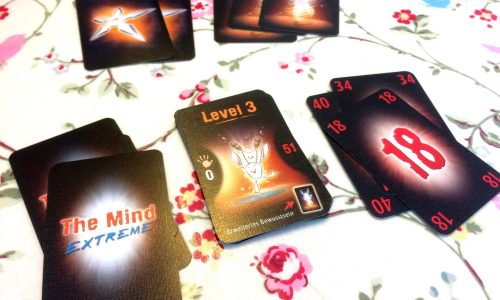
In a Grove (Saturday Review)
- Nelly
- July 21, 2024
- Board Games
In a Grove is a short story written by renowned Japanese author Ryunosuke Akutagawa. First published in 1922, the story has since become a classic of Japanese literature and has been adapted into various forms, including a film by acclaimed director Akira Kurosawa.
The story is set in a grove in a remote village, where a crime has taken place. A samurai has been murdered, and his wife has been raped. The narrative unfolds through a series of testimonies given by different characters who were present at the scene of the crime. Each character provides their own version of events, leading to conflicting and contradictory accounts of what transpired.
The most notable aspect of In a Grove is its exploration of the nature of truth and the concept of subjective reality. As each character recounts their version of events, the reader is left to question the reliability of their testimony and the reliability of memory itself. The story raises important questions about perception, perspective, and the complexities of human nature.
Akutagawa’s writing is known for its psychological depth and its exploration of existential themes. In a Grove is no exception, as it delves into the dark recesses of the human psyche and probes the limits of human knowledge. The story is a masterful example of Akutagawa’s ability to create complex and compelling characters, as well as his skillful use of narrative structure to create suspense and intrigue.
In a Grove has inspired countless adaptations and interpretations over the years, including Kurosawa’s film Rashomon, which is based on the story. The film further explores the themes of truth and perception, while also adding a visual dimension to the narrative. In a Grove continues to resonate with readers and audiences around the world, as its timeless themes and provocative storytelling remain as relevant today as they were nearly a century ago.
In conclusion, In a Grove is a powerful and thought-provoking work of literature that continues to captivate readers with its exploration of truth, memory, and human nature. Akutagawa’s skillful storytelling and nuanced characterizations make the story a must-read for anyone interested in probing the complexities of the human mind.




